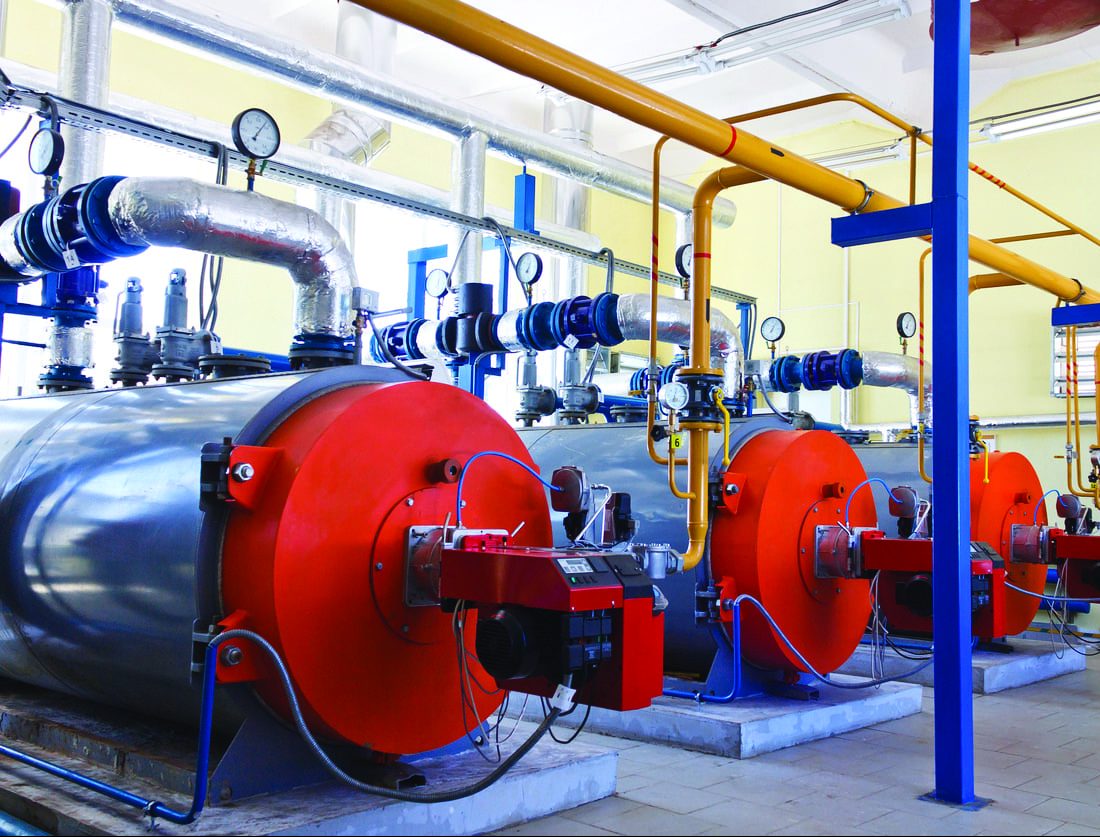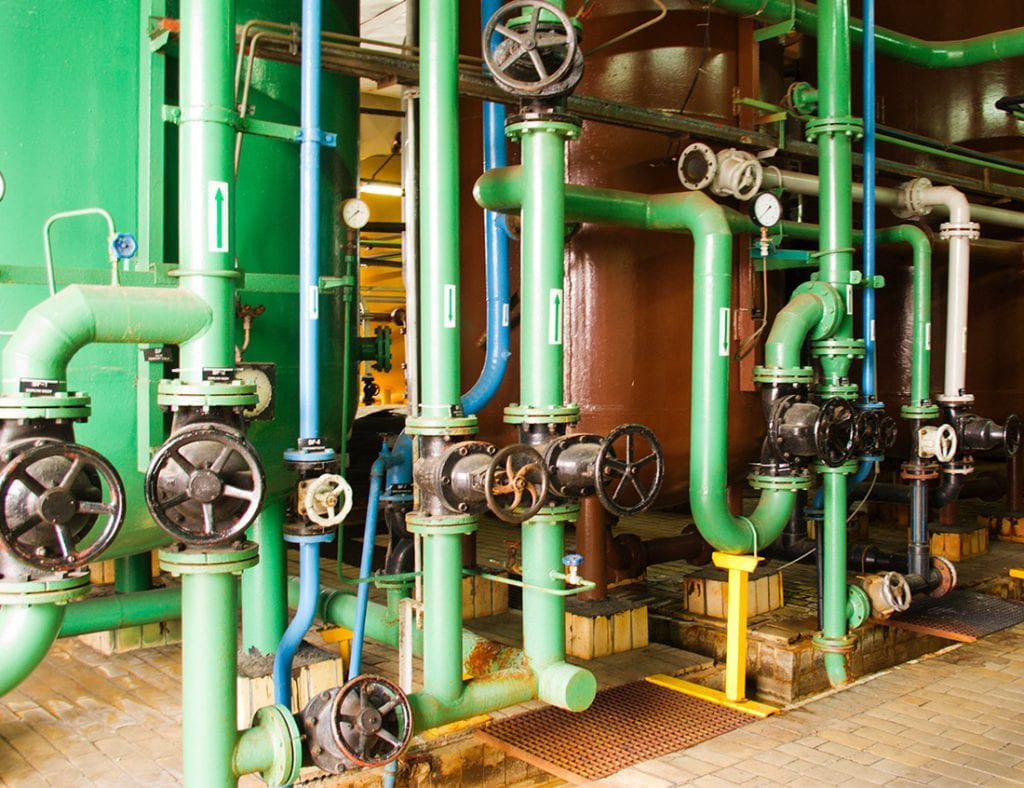
Reading Time | 5 Minutes
Flushing a boiler removes built-up sediment, minerals, and other debris that can diminish efficiency and shorten your boiler’s lifespan. Over time, contaminants in the water cause scale and blockages, which reduce heat transfer, increase energy costs, and potentially lead to system breakdowns.
Flushing frequency depends on several factors:
If you notice any of these symptoms, it may be time to flush your boiler:
Sediment buildup isn’t always obvious until efficiency drops or noises start. A quick system check can help determine whether flushing or additional water treatment is needed to protect your boiler.

If you’re comfortable with basic home maintenance, you can flush your boiler yourself. However, always refer to your manufacturer’s instructions or consult a professional if you’re unsure.
Regular flushing works best when paired with proper water chemistry. ChemREADY helps facilities manage hardness, alkalinity, and scale control to reduce flushing frequency and extend boiler life.
Knowing how often to flush a boiler is a key part of efficient system maintenance. Whether it’s every six months for a steam boiler or once a year for a hot water unit, consistent flushing prevents scale buildup, improves heating performance, and saves you money in the long run. If you’re not sure how to flush your boiler correctly—or prefer expert assistance—consult a professional technician to handle the task safely and thoroughly.
Steam boilers should typically be flushed every 6 to 9 months, while hot water boilers can usually be flushed once a year. However, if you have hard water or heavy boiler usage, more frequent flushing may be needed.
You may need to flush your boiler if you notice:
Flushing removes sediment, scale, and mineral buildup that can reduce heat transfer, increase energy costs, and cause long-term damage. It improves efficiency, extends the system’s lifespan, and helps prevent breakdowns.
Yes, if you’re familiar with basic maintenance tasks, you can flush your boiler yourself. Always refer to the manufacturer’s instructions. If you’re unsure or uncomfortable, it’s best to hire a qualified technician.
Yes. Hard water contains high mineral content that accelerates scale buildup. If you’re in a hard water area, consider flushing your boiler every 3 to 6 months to maintain performance and reduce damage.
Failure to flush your boiler regularly can lead to clogged pipes, overheating, reduced efficiency, increased fuel bills, and eventually costly repairs or system failure.
Flushing before winter ensures your heating system is clean and ready for high-demand use. However, flushing after winter helps remove debris accumulated during heavy use. Some homeowners do both for optimal performance.
From flushing guidance to full boiler water treatment programs, ChemREADY supports safe, efficient, and reliable boiler operation across industrial and commercial systems.
